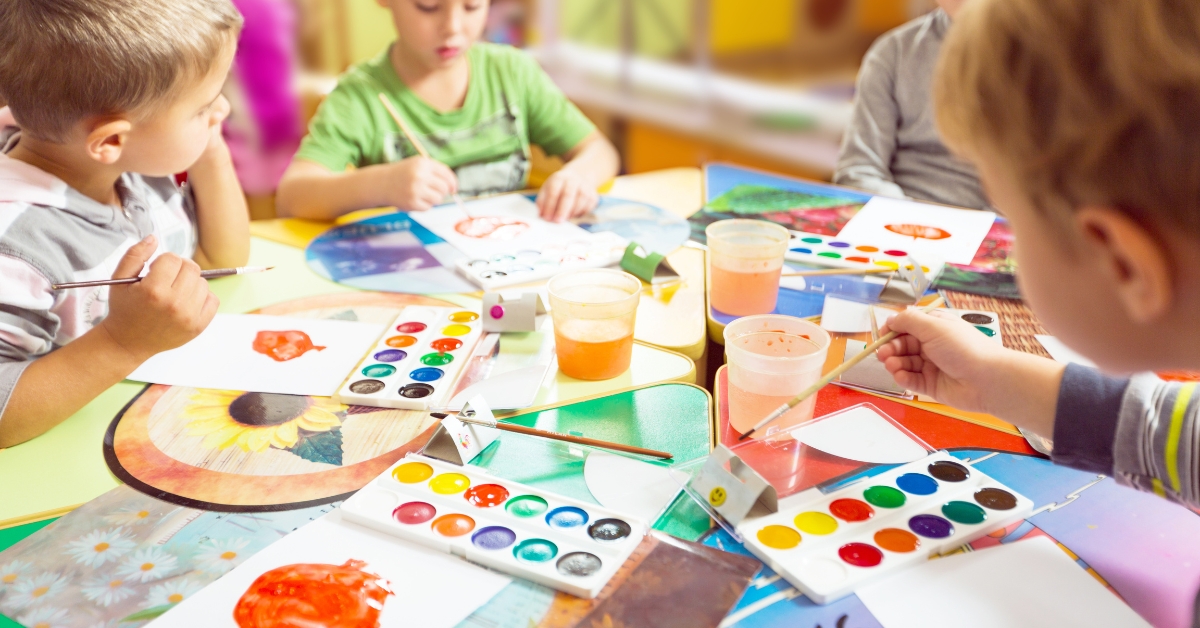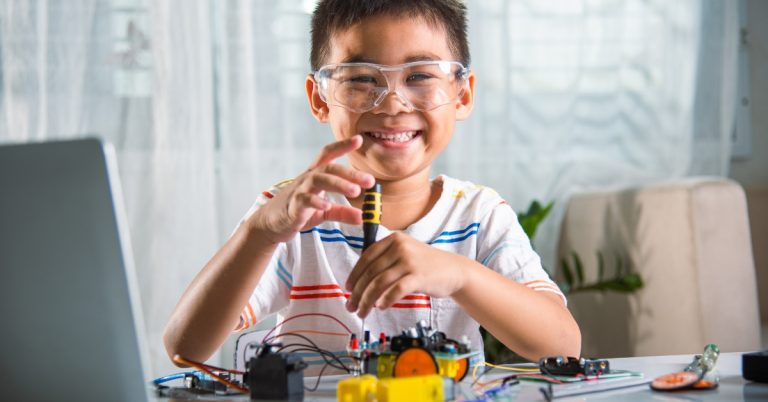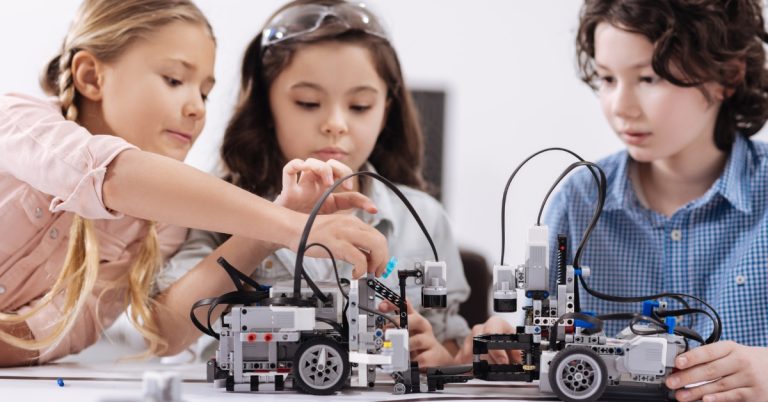Unlocking Potential: The Transformative Power of Montessori Education
In a world where traditional education systems often emphasize rote memorization and standardized testing, Montessori education emerges as a refreshing alternative, promising a more holistic and individualized approach to learning. Founded over a century ago by Dr. Maria Montessori, this educational philosophy focuses on nurturing a child’s natural curiosity, independence, and love for learning. By unlocking every child’s potential, Montessori education transforms not just academic outcomes, but also fosters lifelong skills that are essential for success in the rapidly changing world.
The Montessori Method: A Brief Overview
At the heart of Montessori education is the belief that children are inherently motivated learners. The method is characterized by:
Child-Centered Learning: In a Montessori classroom, the environment is carefully prepared to allow children to explore different materials and topics at their own pace. Children have the freedom to choose their activities, fostering autonomy and responsibility.
Mixed-Age Classrooms: Montessori classrooms typically mix children of different ages, promoting peer learning. Younger children learn from older ones, while older children reinforce their knowledge by teaching younger classmates, enhancing social skills and empathy.
Hands-On Learning: Montessori emphasizes the use of tangible materials that allow children to engage in experiential learning. This tactile approach helps children understand abstract concepts in a concrete way, making learning more effective and enjoyable.
Holistic Development: Montessori education focuses not just on academic achievement, but on the overall development of the child – cognitive, social, emotional, and physical. This balanced approach prepares children to be well – rounded individuals.
Benefits of Montessori Education
Montessori education offers several compelling benefits, making it a transformative approach for children:
Increased Independence and Confidence: By allowing children to make choices about their learning, they develop a sense of ownership and self – direction. This independence fosters confidence and a growth mindset – essential traits for navigating life’s challenges.
Enhanced Critical Thinking Skills: Montessori students are encouraged to ask questions, problem-solve, and think critically. Instead of simply absorbing information, they engage in inquiry-based learning, laying the foundation for innovation and creativity.
Social and Emotional Development: The mixed-age classroom model fosters social interaction and collaboration. Children learn to respect diverse perspectives, work in teams, and develop emotional intelligence through peer relationships, which are crucial in today’s interconnected world.
Tailored Learning Experiences: Every child learns at their own pace. Montessori educators observe each child’s interests and development, curating personalized learning experiences that align with their unique strengths and challenges, ensuring no child is left behind.
The Impact on Future Success
Research is beginning to validate the long-term benefits of Montessori education. Studies show that Montessori alumni often excel academically and socially compared to their peers in traditional settings. They tend to score higher on standardized tests, exhibit stronger problem-solving skills, and demonstrate greater perseverance in the face of challenges.
These outcomes suggest that Montessori education does not merely prepare children for educational success but equips them with essential skills for their future careers and lives. In an era where adaptability and critical thinking are paramount, the Montessori method cultivates these competencies, making students not just capable learners but also proactive contributors to the world around them.
Conclusion: The Future of Education
As society grapples with evolving educational needs and challenges, Montessori education presents an inspiring vision for the future. By prioritizing the child’s innate potential and embracing a holistic approach to learning, this methodology fosters individuals who are not only knowledgeable but also compassionate, creative, and confident.
In a world that demands innovation and adaptability, the Montessori approach to education unlocks potential in a profound way. It transforms not just academic outcomes but also shapes the character and capabilities of future generations, ultimately leading to a more vibrant and inventive society. As we continue to explore and invest in educational paradigms that honor the diversity and uniqueness of each learner, the Montessori method stands out as a powerful model for transformative education.



